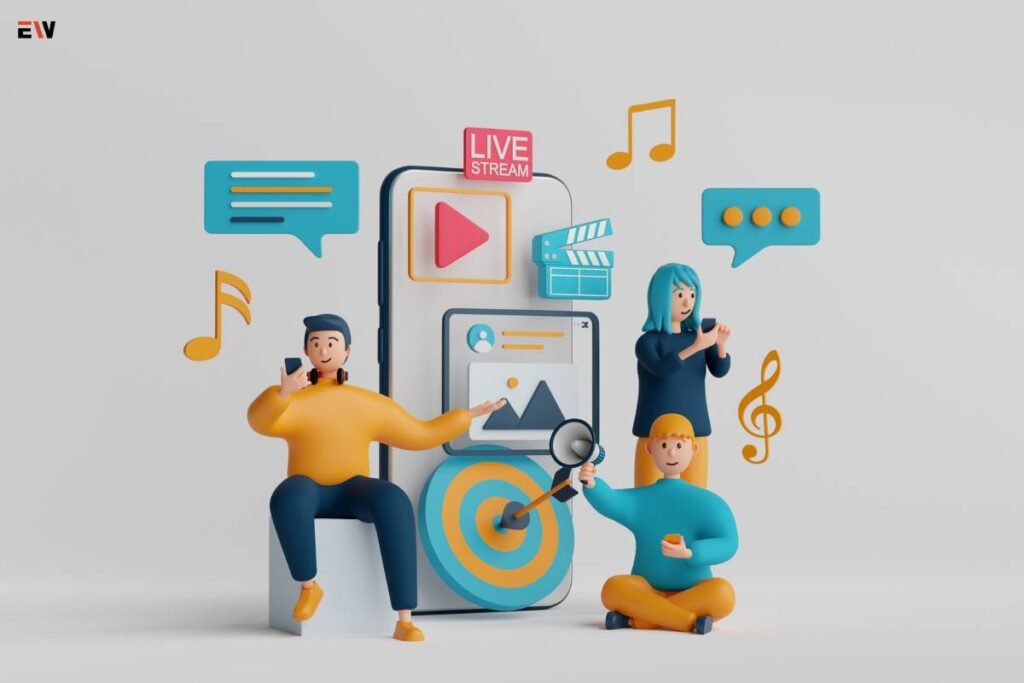Blogging has become an essential tool for small businesses to reach and engage with their target audience. In addition to driving traffic to your website, a blog can also be a source of revenue for your business. However, many small business owners struggle with the idea of monetizing their blogs without feeling guilty or alienating their audience. In this article, we’ll explore some effective strategies to make money from small business blogs while maintaining authenticity and integrity.
Here are 6 Ways to Make Money from Small Business Blogs without Guilty Feeling:
1. Affiliate Marketing
Affiliate marketing is a performance-based marketing strategy in which an affiliate (you) earns a commission for promoting someone else’s product or service. This can be a great way to monetize your blog without creating and selling your own products. Discover proven strategies to make money from small business blogs while maintaining your authenticity and integrity.
To get started with affiliate marketing, you’ll need to find relevant products or services that align with your blog’s niche and target audience. You can join affiliate programs offered by companies or use affiliate marketplaces such as Amazon Associates or ShareASale to find products and services to promote.

Once you’ve identified the products or services you want to promote, you can write blog posts, create videos, or share social media posts that include your affiliate links. When someone clicks on your link and makes a purchase, you earn a commission. Master the art of affiliate marketing and sponsored content to make money from small business blogs while maintaining transparency and providing value to your readers.
To avoid feeling guilty about promoting affiliate products, make sure to only promote products or services that you truly believe in and that align with your blog’s values and mission. Be transparent about your affiliate relationships by disclosing them in your blog posts or social media shares.
2. Sponsored Content
Sponsored content is a type of advertising in which a brand pays you to create content that promotes their product or service. This can include blog posts, videos, social media posts, or other forms of content.
To attract sponsored content opportunities, you’ll need to establish yourself as an authority in your niche and build a loyal following. You can reach out to brands directly or work with influencer marketing platforms such as AspireIQ or Influencer.co to find sponsored content opportunities.
When creating sponsored content, it’s important to maintain your authenticity and integrity. Make sure to only work with brands that align with your blog’s values and mission and that you would recommend to your audience even if you weren’t being paid.
3. Digital Products
Digital products are an excellent way to monetize your blog without having to deal with physical inventory or shipping. Examples of digital products include ebooks, online courses, digital downloads, and membership sites.
To create digital products, you’ll need to identify your audience’s pain points and create content that addresses those needs. For example, if your blog is focused on healthy living, you could create an ebook or course on meal planning or healthy recipes.

You can sell digital products directly through your blog or use platforms such as Gumroad, Teachable, or Kajabi to create and sell your products. Navigate the world of blog monetization with confidence as you explore different avenues to make money from small business blogs.
When creating digital products, make sure to provide value and solve your audience’s problems. Price your products appropriately and offer a money-back guarantee to alleviate any concerns your audience may have about purchasing from you.
4. Advertising
Advertising can be a great way to monetize your blog, but it’s important to do it in a way that doesn’t detract from the user experience or compromise your authenticity. You can sell advertising space directly to brands or use ad networks such as Google AdSense or Media.net to display ads on your blog.
When using advertising to monetize your blog, it’s important to strike a balance between generating revenue and providing a positive user experience. Avoid using too many ads or intrusive ad formats that may annoy your audience.
5. Consultancy Services
If your blog is focused on a particular niche and you have expertise in that area, you can offer consultancy services to your audience. This could include coaching, training, or consulting services.
To promote your consultancy services, you can create landing pages on your blog, offer free consultations, and promote your services through social media and email marketing. Make sure to clearly define the services you offer, the problems you solve, and the benefits of working with you.

When offering consultancy services, it’s important to provide value and help your clients achieve their goals. Make sure to communicate clearly, set expectations, and deliver on your promises. Provide excellent customer service and ask for feedback to continually improve your services.
6. Donations
Another way to monetize your blog is to ask for donations from your audience. This can be done through platforms such as Patreon or Buy Me a Coffee.
To encourage donations, make sure to provide valuable content and build a strong relationship with your audience. Be transparent about how donations will be used and provide incentives such as exclusive content or early access to new products.
When asking for donations, it’s important to frame it in a way that doesn’t come across as begging or desperate. Instead, focus on the value you provide and the positive impact your audience’s support can have on your business.
BOTTOM LINE
Monetizing your small business blog can be a great way to generate revenue and build a sustainable business. However, it’s important to do it in a way that doesn’t compromise your authenticity or alienate your audience.
By using strategies such as affiliate marketing, sponsored content, digital products, advertising, consultancy services, and donations, you can monetize your blog while providing value and solving your audience’s problems. Discover the untapped opportunities to make money from small business blogs and create a sustainable income stream that supports your entrepreneurial journey.
Remember to stay true to your values and mission, be transparent about your relationships with brands and your monetization strategies, and focus on providing value and building relationships with your audience. With the right approach, monetizing your blog can be a win-win for you and your audience.










